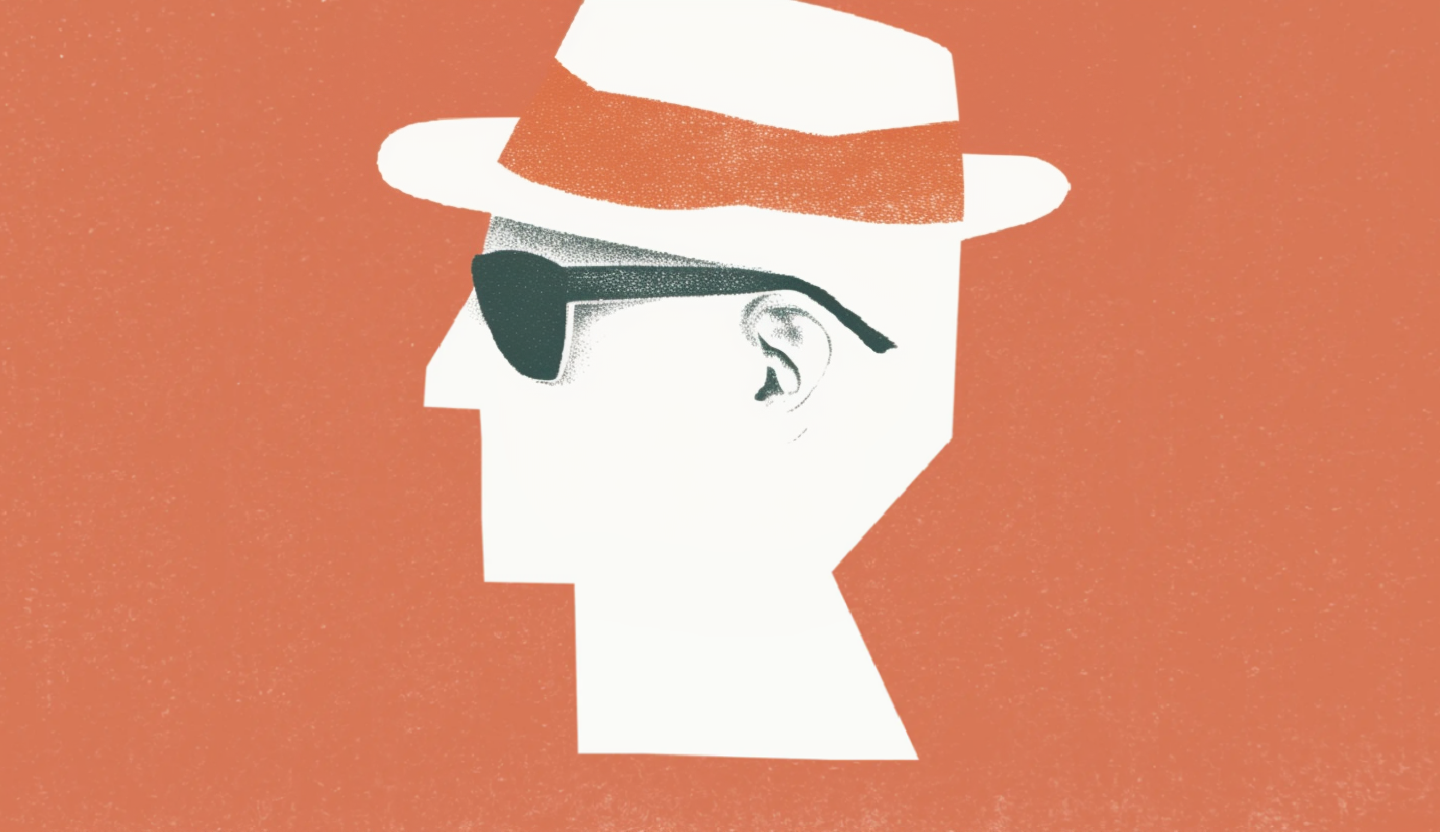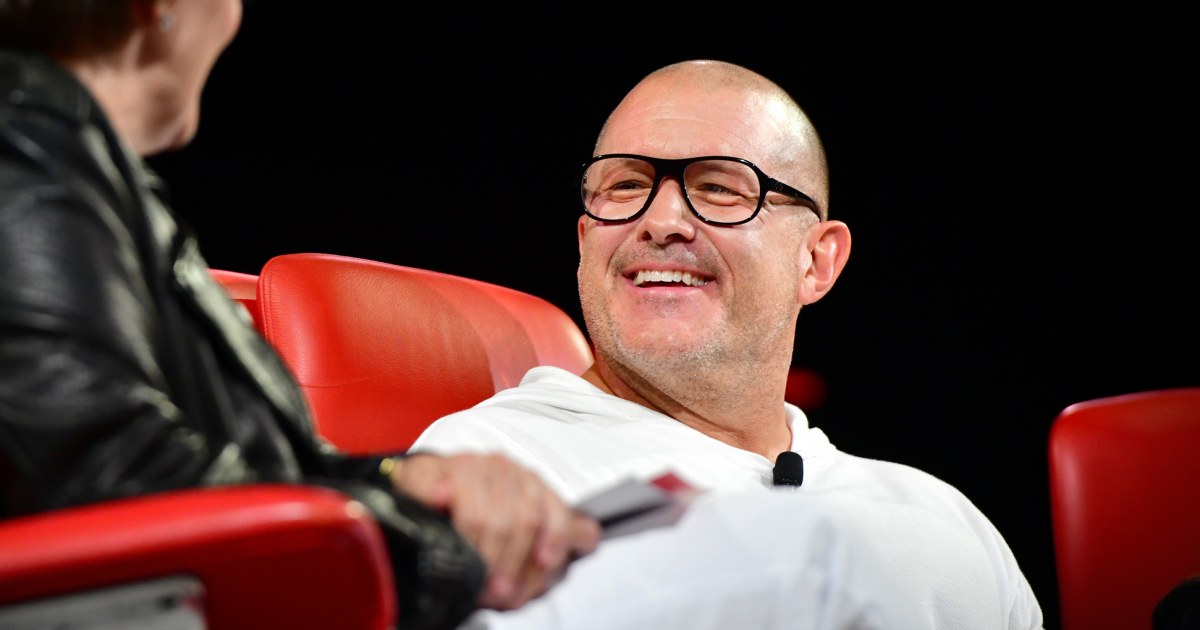Representatives from NHL, sports leagues, Olympic committees gathered for panel discussions
© Mary DeCicco/MLB Photos via Getty Images
NEW YORK -- The Asian American and Pacific Islander Sports and Culture Symposium took place May 7 during AAPI month with league executives, athletes and cultural leaders gathering to celebrate diversity and inclusion.
The summit included representatives from the NHL, NBA, NFL, MLB, MLS and United States Olympic and Paralympic Committee. Mike Yam from NFL Network and Randip Janda, the NHL's first South Asian full-time radio color commentator led panel discussions.
"What I loved about [the conference] was that we are able to tell our stories and our paths and everybody's path in that room was different," said Janda, an analyst covering the Vancouver Canucks. "I think the biggest takeaway was being my authentic self. When I joined the hockey broadcasting community, I wasn't comfortable bringing my culture or who I was to the forefront. I felt like I wanted to confirm or fit a mold. That's not who I am. Over the last 10 years, I've been able to bring who I am to the sport, and I feel like not only me but my colleagues at Hockey Night in Canada Punjabi have been able to do that too and that was my biggest takeaway."
The motto of the conference was "power forward," something Janda and all others who attended have done and continue to do.
"There came a moment I think I was 8 or 10 years old where I watched Pavel Bure, I watched Mario Lemieux and at some point, I realized, 'They don't look like me' and 'Their name doesn't sound like mine,' Janda said. "And I ended up around that same time getting a hockey card of Robin Bawa and I remember asking my parents, 'This guy kind of looks like us. Is that last name South Asian or Punjabi?' and my parents said 'Yes, he's actually from B.C.' … Seeing a player like that representing his culture, his background in the big leagues, that was a big moment for me."
Janda previously hosted "Hockey Night in Canada: Punjabi Edition" for nine years and still appears on the broadcasts when able. He said he wasn't looking to be a role model or an inspiration, but it has come with the territory.
"When I started at 'Hockey Night in Canada: Punjabi,' I just wanted to go a good job," he said. "I didn't think about a lasting impact or inspiring others because it was more of, 'Hey I have to establish myself in this and show that I can do the job well. But as we started to get a little more popular, as we started to etch our names and our show into hockey culture more, I started to get more DMs from people, kids specifically, saying 'Hey, you're an inspiration. You have shown me that you are doing stuff in sports and hockey specifically. Do you have advice for me as a young person?'"
Also included was an executive panel with NFL, NBA and MLS finance and investment executives and an athlete panel with United States sled ice hockey players Jen Lee and Ben Musselman.
Lee is a three-time Paralympic gold medalist (2014, '18, '22) and an advocate for adaptive sports who mentors young athletes with disabilities. The 38-year-old goalie born in Taipei, Taiwan, and raised in San Francisco served in the U.S. Army before losing his left leg above the knee in a 2009 motorcycle accident. That led him to try sled hockey through Operation Comfort, an organization supporting injured service members.
© Mary DeCicco/MLB Photos via Getty Images
He joined Team USA in 2014 and has helped them win three gold medals, including in 2022 when he had four shutouts.
"People always think it's so cool and motivating what we do, but in the end, we're playing hockey and hockey is for everyone," Lee said. "It's great to have that positive message but it shouldn't be just a message of 'You're so inspiring.' You should be looked at as an athlete and not some sort of heroic, inspiring thing."
One main issue has been getting resources and exposure for sled hockey and not just for the major events like the 2025 World Para Ice Hockey Championship in Buffalo from May 24-31.
"For us, it's a different type of journey, a lot of times through physical therapy or rec/disabled sports," Lee said. "But more and more we saw small media attention, which was only online, to now national coverages and different types of platforms for each individual athlete to represent that. But there is still a lot of uphill battle to fight for that type of equality of what the game should be. "
Musselman, a 24-year-old forward, was born in China with spina bifida, a condition where the spine doesn't fully develop. He was adopted and raised in Amelia, Ohio, before debuting with the Men's Development Sled Hockey Team in 2019. Athletes like Lee have inspired him.
"It's really cool to see that what we do matters enough for people to want to follow in our footsteps and stuff like that," Musselman said. "Jen was a huge reason and a lot of those other guys too, why I wanted to play the sport. Just beyond wanting to get involved in the sport, I wanted to follow in their footsteps and play the game like they did.
"I think the game has come a really long way but still have a really long way to go. Even in the short time I've been on the team, I've seen a lot of really, really good change."







 English (US) ·
English (US) ·